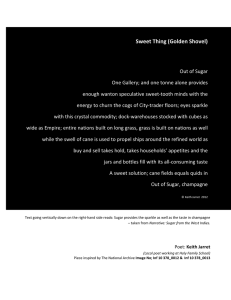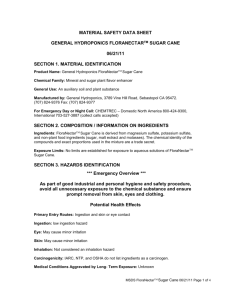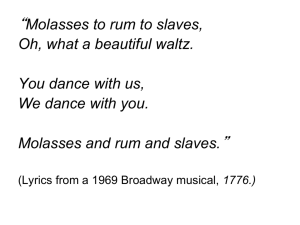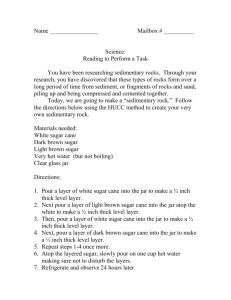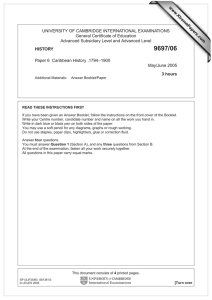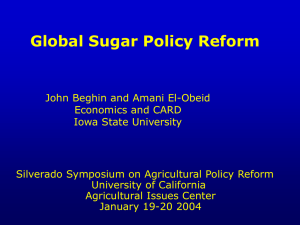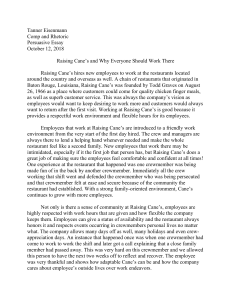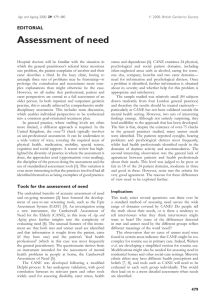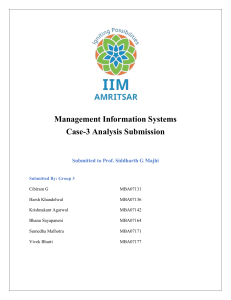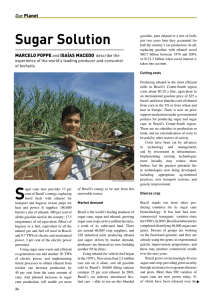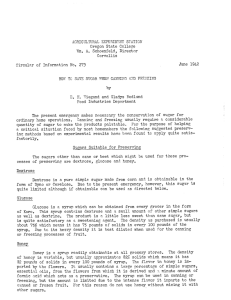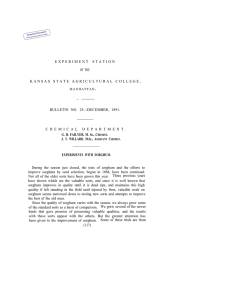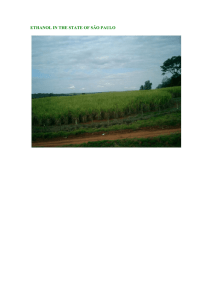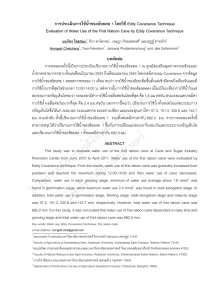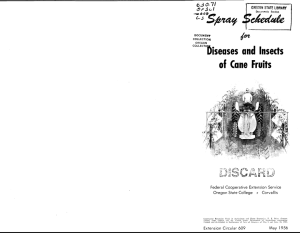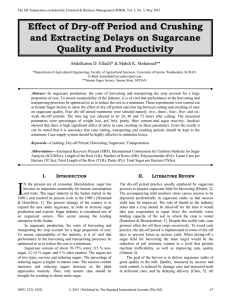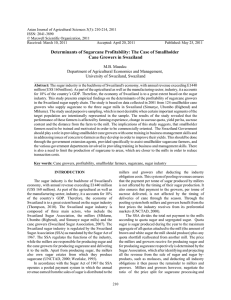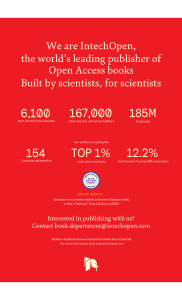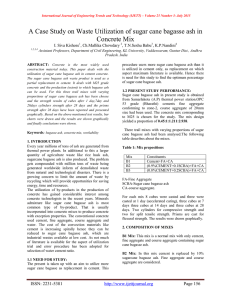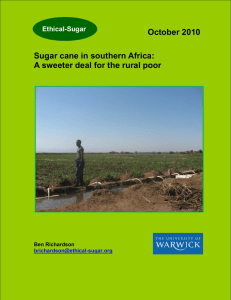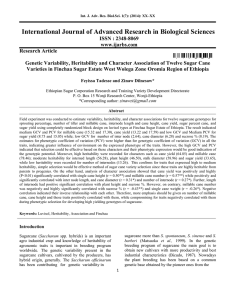Social Justice in the Sugar Cane Industry
advertisement
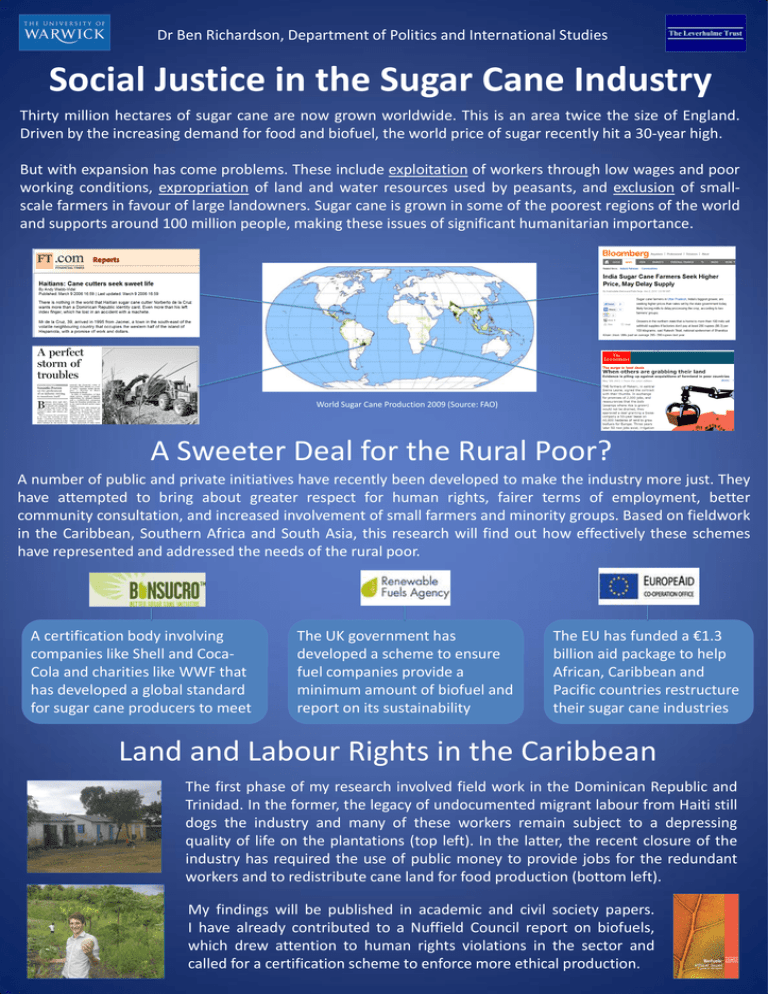
Dr Ben Richardson, Department of Politics and International Studies Social Justice in the Sugar Cane Industry Thirty million hectares of sugar cane are now grown worldwide. This is an area twice the size of England. Driven by the increasing demand for food and biofuel, the world price of sugar recently hit a 30-year high. But with expansion has come problems. These include exploitation of workers through low wages and poor working conditions, expropriation of land and water resources used by peasants, and exclusion of smallscale farmers in favour of large landowners. Sugar cane is grown in some of the poorest regions of the world and supports around 100 million people, making these issues of significant humanitarian importance. World Sugar Cane Production 2009 (Source: FAO) A Sweeter Deal for the Rural Poor? A number of public and private initiatives have recently been developed to make the industry more just. They have attempted to bring about greater respect for human rights, fairer terms of employment, better community consultation, and increased involvement of small farmers and minority groups. Based on fieldwork in the Caribbean, Southern Africa and South Asia, this research will find out how effectively these schemes have represented and addressed the needs of the rural poor. A certification body involving companies like Shell and CocaCola and charities like WWF that has developed a global standard for sugar cane producers to meet The UK government has developed a scheme to ensure fuel companies provide a minimum amount of biofuel and report on its sustainability The EU has funded a €1.3 billion aid package to help African, Caribbean and Pacific countries restructure their sugar cane industries Land and Labour Rights in the Caribbean The first phase of my research involved field work in the Dominican Republic and Trinidad. In the former, the legacy of undocumented migrant labour from Haiti still dogs the industry and many of these workers remain subject to a depressing quality of life on the plantations (top left). In the latter, the recent closure of the industry has required the use of public money to provide jobs for the redundant workers and to redistribute cane land for food production (bottom left). My findings will be published in academic and civil society papers. I have already contributed to a Nuffield Council report on biofuels, which drew attention to human rights violations in the sector and called for a certification scheme to enforce more ethical production.
